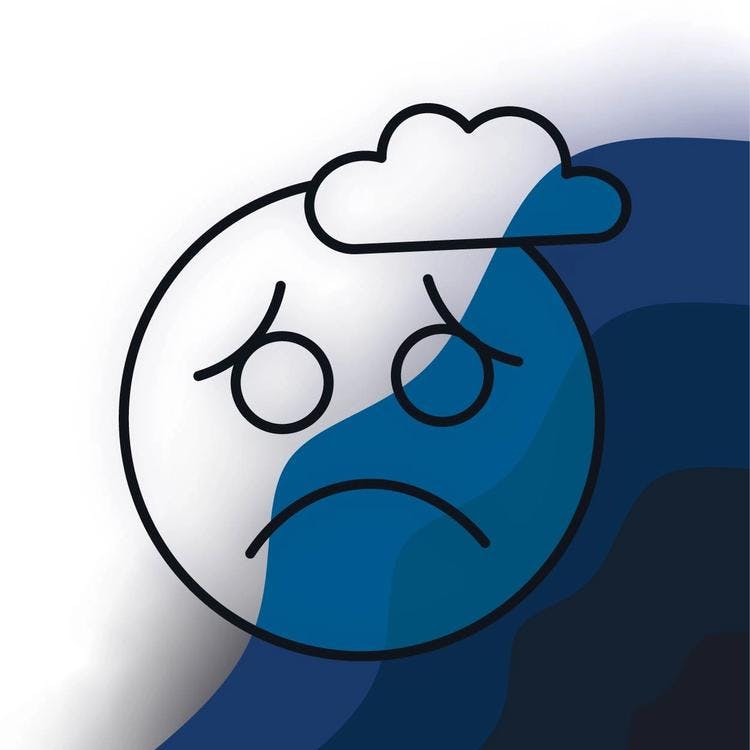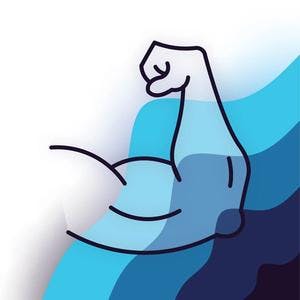What is Depression
Unpleasant experiences such as loss of a loved one or stress can result in humans experiencing the emotion of being depressed. However, depressive disorder occurs when this low mood persists over a long time and negatively impacts activities of daily living ranging from personal hygiene to completing tasks at work.
Depressive disorder is not a sign of weakness, but is an illness which requires to be managed with much care and consideration. There are different types of depressive disorders, the most common being:
- Major depressive disorder (see symptom list)
- Dysthymia, characterised by milder depressive symptoms compared to major depressive disorder
- Bipolar disorder
What causes depression
One person’s disorder differs from another person’s. This is because depression has many causes and triggers:
- Genetics: a family history of depression increases one’s risk of depression
- Environmental stressors: experiencing violence, trauma, grief, or other life stressors
- Chemical and hormonal imbalances in the body
- Medical illnesses which cause severe distress to a person’s functioning
- Substance abuse
Symptoms of depression
The symptoms vary from individual to individual. The first two are the most described in people experiencing depression.
- A persistent low mood or feeling of emptiness (can present as irritability in children)
- Loss of interest or pleasure in activities that were once enjoyed, such as sex.
- Disturbed sleep
- Distureded appetite
- Non-specific pain
- Hopelessness
- Low self-esteem
- Guilt
- Impaired attention and concentration
- Social withdrawal
- Poor personal hygiene and self-neglect
- Suicidal thought
- Suicidal intent: intense suicidal thoughts or thought becomes plan
- Suicidal behaviour: suicide note, suicide attempts
Management
Depressive disorders are classified and graded according to severity. This can either be classified as a mild, moderate to severe and complicated depression. These categories have differing management plans.
Two broad categories of the management of depression are therapy and antidepressants. Generally, therapy is tried first. Sometimes a psychiatrist will decide to add antidepressants to your therapy.
Antidepressants
Antidepressants are the medical management for depressive disorders. There are many different types of antidepressants - have a discussion with your psychiatrist about which options are best for you. The two most commonly used classes of antidepressants are Selective Serotonin Reuptake Inhibitors (SSRIs) and Tricyclics antidepressants (TCAs).
Of importance, antidepressants do not work quickly. People often feel the effects only after 4 to 8 weeks of starting the medication. It is then important to not stop too soon because you do not feel the drug is working as yet.
Additionally, it is important to continue with therapy if that option is available.
SSRIs
SSRIs, e.g. citalopram and fluoxetine, work by increasing the availability of serotonin. Serotonin helps to stabilise and lift the mood, improve the functioning of the body and generally improve the symptoms of depression.
Possible side effects
- Headaches
- Nausea
- Insomnia and agitation (upon starting, becomes better over time)
- A delayed side effect of SSRIs is difficulty achieving orgasm and ejaculation and a decreased sex drive.
TCAs
TCAs, e.g, amitriptyline, also increase the availability of serotonin and another substance called noradrenaline, producing the same required effects to improve the symptoms of depression.
Possible side effects
- Dry mouth
- Blurred vision
- Constipation
- Tiredness
- Weight gain
- Difficulty achieving orgasm and ejaculation and a decreased sex drive.
Recommended self help mechanisms
Self help activities can help one cope with and may improve the symptoms of depression. Self help is done as an additional way to manage depression but self help alone is not an alternative to medical treatment.
- Exercise
- A healthy diet
- Surrounding yourself with nature
- Reading
- Relaxation, breaks, holidays.
- Finding caring, supporting and nurturing environments


